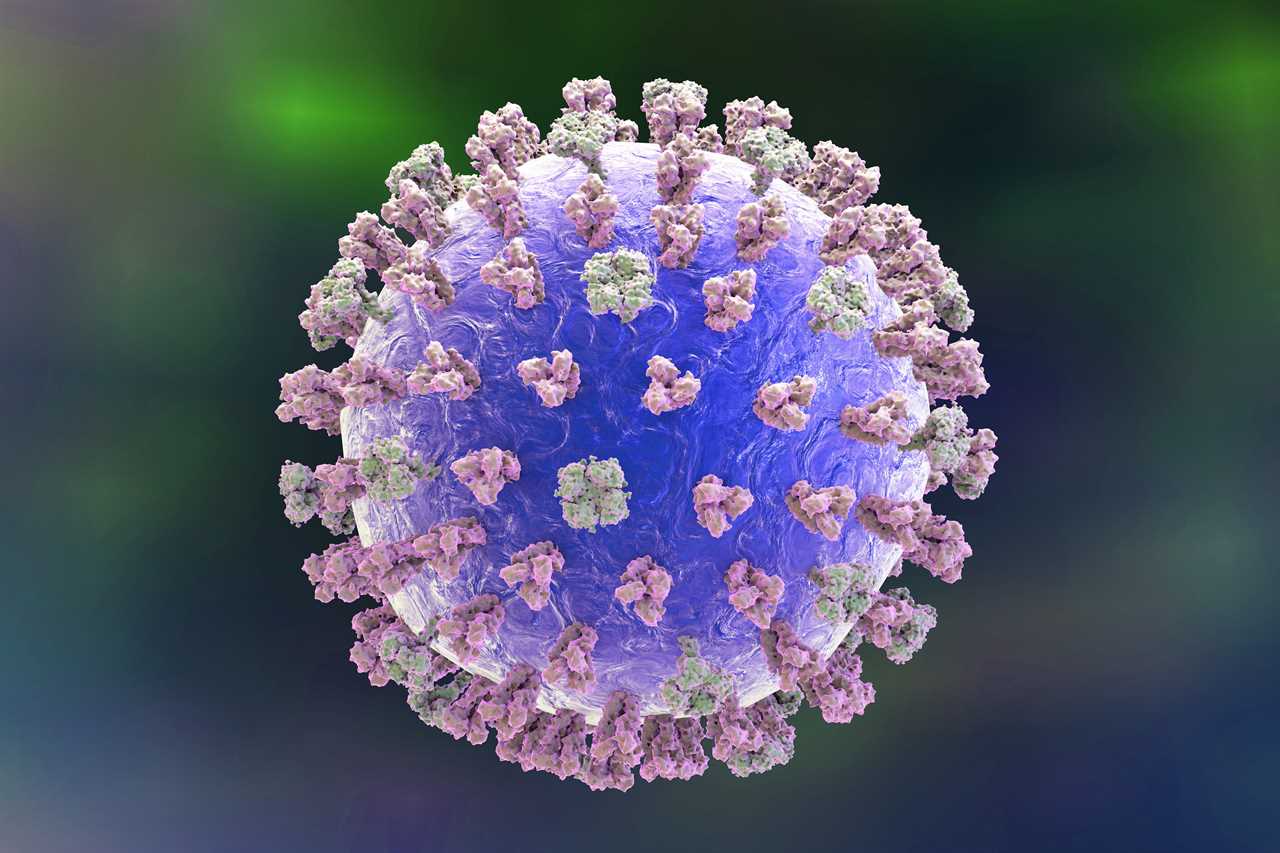TWO faster-spread Omicron subvariants have been dubbed variants of concern in the UK.
Only a small number of cases have been found so far, compared to original Omicron, but experts think it has the potential to spread quicker.

Omicron BA.4 and BA.5 have a “growth advantage” over BA.2, the current dominant strain, according to UK Health Security Agency.
Omicron has so far caused a milder illness, especially in the fully vaccinated.
Most people who catch it recover at home after a few days of rest, with many experiencing mild or no symptoms.
As of May 20, 115 cases of probable or confirmed BA.4 have been identified, with 67 in England, 41 in Scotland, six in Wales and one in Northern Ireland.
Read more on Covid
Some 80 cases of BA.5 have been identified, with 48 in England, 25 in Scotland, six in Northern Ireland and one in Wales.
Dr Meera Chand, UKHSA director of clinical and emerging infections, said: “The reclassification of these variants as variants of concern reflects emerging evidence on the growth of BA.4 and BA.5 internationally and in the UK.
“Whilst the impact of these variants is uncertain, the variant classification system aims to identify potential risk as early as possible.
“UKHSA is undertaking further detailed studies. Data and analysis will be released in due course through our regular surveillance reporting.”
There is currently no data to determine the impact of the variants on hospital admissions in the UK.
But initial findings suggest BA.4 and BA.5 have a degree of “immune escape” – meaning the immune system can no longer recognise or fight a virus – which is likely to contribute to their growth advantage over BA.2, the UKHSA added.
Another Covid variant, named XE, is also under close watch by UK Health Security Agency.
It may spread 10 per cent faster than the current strain but scientists said they are still studying it.
XE combines the two Omicron strains BA.1 and BA.2, making it a so-called recombinant variant.
It comes as one in two adults will get a Covid booster jab this autumn to head off a winter wave.
The NHS is planning to offer extra vaccines to 25million over-65s, health and care workers and people with serious conditions from September.
Medics hope to avoid another Christmas surge by boosting immunity in those at most risk.
Infections are currently the lowest since mid-December but experts fear they will rise after summer as Covid becomes a seasonal bug.
Read More on Trending In The News
Professor Wei Shen Lim, of the Joint Committee on Vaccination and Immunisation, said: “Last year’s autumn booster programme provided excellent protection against severe Covid-19, including against Omicron.
“We have provided interim advice on an autumn booster programme for 2022 so that the NHS and care homes are able to start planning.”










